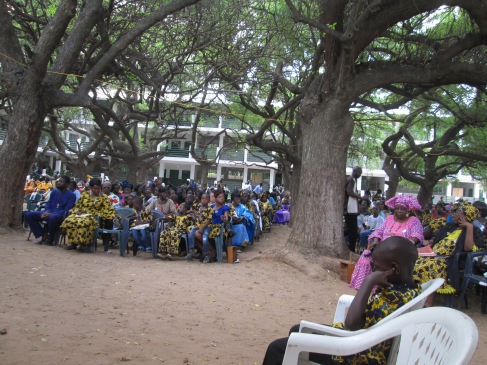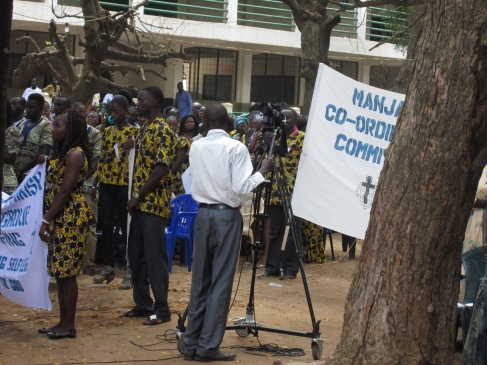If anything is a festival of ‘hoping the sun comes up tomorrow’ it is New Year. The date is merely the passage of time as we mark it. And it can be wonderful but it is also without a doubt the holiday that people complaint the most about. It’s expensive and ultimately a bit pointless for many people I know, freezing ankles and thighs in a wet or slushy city in the middle of the night with a full bus meaning an expensive taxi is the only option. I have never really been in that school, for starters I long ago realised that the pound payment for the cloakroom was a cheap price for a warm coat at the end of a night out in Manchester. And that there are much better ways to spend New Year.
My family, like many I know in the North of England, join Scotland in the tradition of first footing. At the end of the old year someone (or everyone) will leave the house, preferably by the back door. And the first foot in the front door after midnight will be by a person carrying a tray of symbols of things you wish for the home that year; coal for warmth, a candle for light, bread for food, money for, well, money, and whisky for good cheer. However, over the past years I have introduced this idea to a number of very blank looking friends. And this year was no exception.
For six months I have had the urge to cook Coq au Vin, so took the opportunity to invite fellow VSOs for dinner. As midnight approached we set up first footing and left the tray outside the house. We headed to the roof and watched the fireworks around the bay. We shared fizzy wine and grape juice with each other and my neighbours then headed inside and brought with us warmth (not hugely necessary), food (definitely necessary), light (even for a night or two would be nice), money (well, there is a volunteer allowance), and good cheer (fine, we have that sorted). We sat up chatting and drinking red wine from cartons until after the call to morning prayer. I fell into bed, and, as I’d used the board from the base as a table extension, I promptly fell straight through and spent the next few hours in denial that I was at a seventy degree angle.
The next day is a big day for the Christian community here. Many of my church friends were amazed that I see it as a purely secular holiday and hadn’t spent the night in church. But Mathias wanted to take me to see the masquerades in Banjul the following day. In our new his-n-hers outfits we headed into the capital. The masquerades are run by hunting societies. There are a number of these and some do still go hunting. It’s a largely Christian tradition, so the hunting season closes for Lent. They also have displays in which they build costumes to represent their mastery over wild beasts, usually stuffed heads shipped from Europe and America as taxidermy goes out of fashion. The excitement seems to be in seeing new animals and there is a great honour in being the first person to wear a head. The competition element is who can get the most unusual head.
The streets of Banjul are crowded, have open gutters and are grey and dirty, with very few maintained road surfaces. The crowds on New Year’s Day were extreme, pushing the unwary into a sewer or over a kerb without fear, especially if a masquerade, kids setting off fire crackers or man waving a flare was in the way. We found friends who invited us for lunch, oysters which I normally skip on avoiding illness grounds. We ten re-braved the crowds, watching a few strange apparitions wearing armour made of shells, an armadillo and horns topped with a headdress of a dead animal or horns wandering past dancing in white socks. There are three speeds of dance and the rest of the society beats drums and clappers or weaves around the masquerade, one with a pipe. It is in a way interesting, like being a t a rush bearing and in a similar way to visiting a zoo in terms of people seeing exotic animals. I was the only person in the crowd near me to identify the polar bear.
But I was tired and seeing another stuffed animal head with a man dancing underneath it starts to wane after a few hours, as well as my legs starting to complain that they had already spent the night trying to climb a mattress so sitting would be good. Plus, trying to leave Banjul at night is, like on any new year, the fight for an overpriced taxi whilst wishing a night bus will pass. I watched the fireworks as we fought the crowd and waited for a taxi who thought D200 (about £4 but also about a day’s income for me) was a reasonable price for a seven mile journey. The fireworks were lovely. And then we went home, and found that I had put my bed back together. This time when I fell into it I didn’t fall through.


























